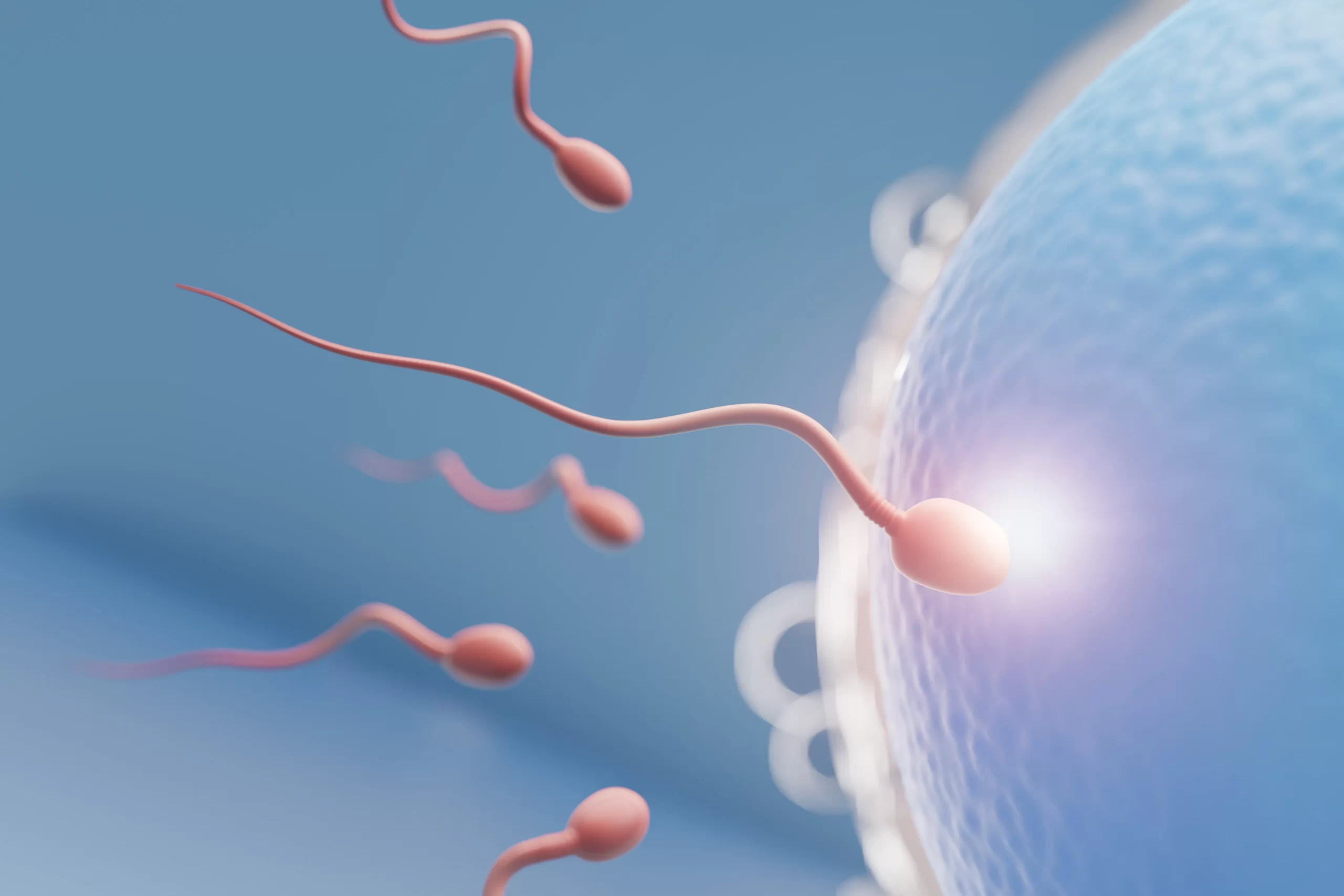Over the years, the number of Singaporean couples seeking help for fertility problems have risen. Some of the common reasons include couples marrying later, couples delaying having children, and a higher level of stress at work for both men and women. This is even more true when more women are climbing the corporate ladder.
Unfortunately, having a child is not often always a milestone in life that we can plan for. Neither does it always happen as easily as what we see in the movies. In fact, there is only a short 24-hour window in a woman’s menstrual cycle for fertilization. Without fertilization, where the sperm meets the egg, there will be no pregnancy. And that is only one part in the chain of events that must happen before a new life forms in the woman’s body.






